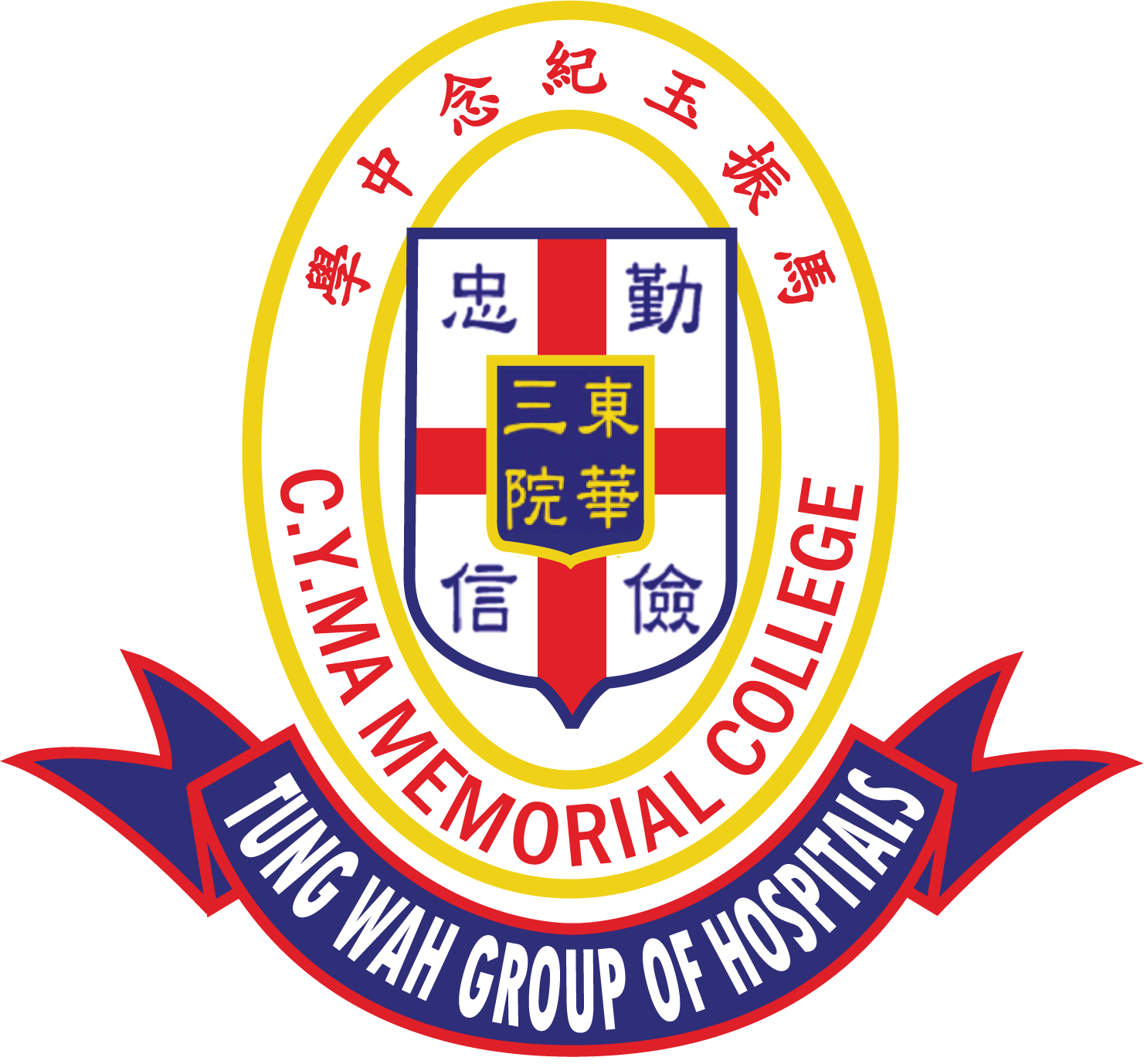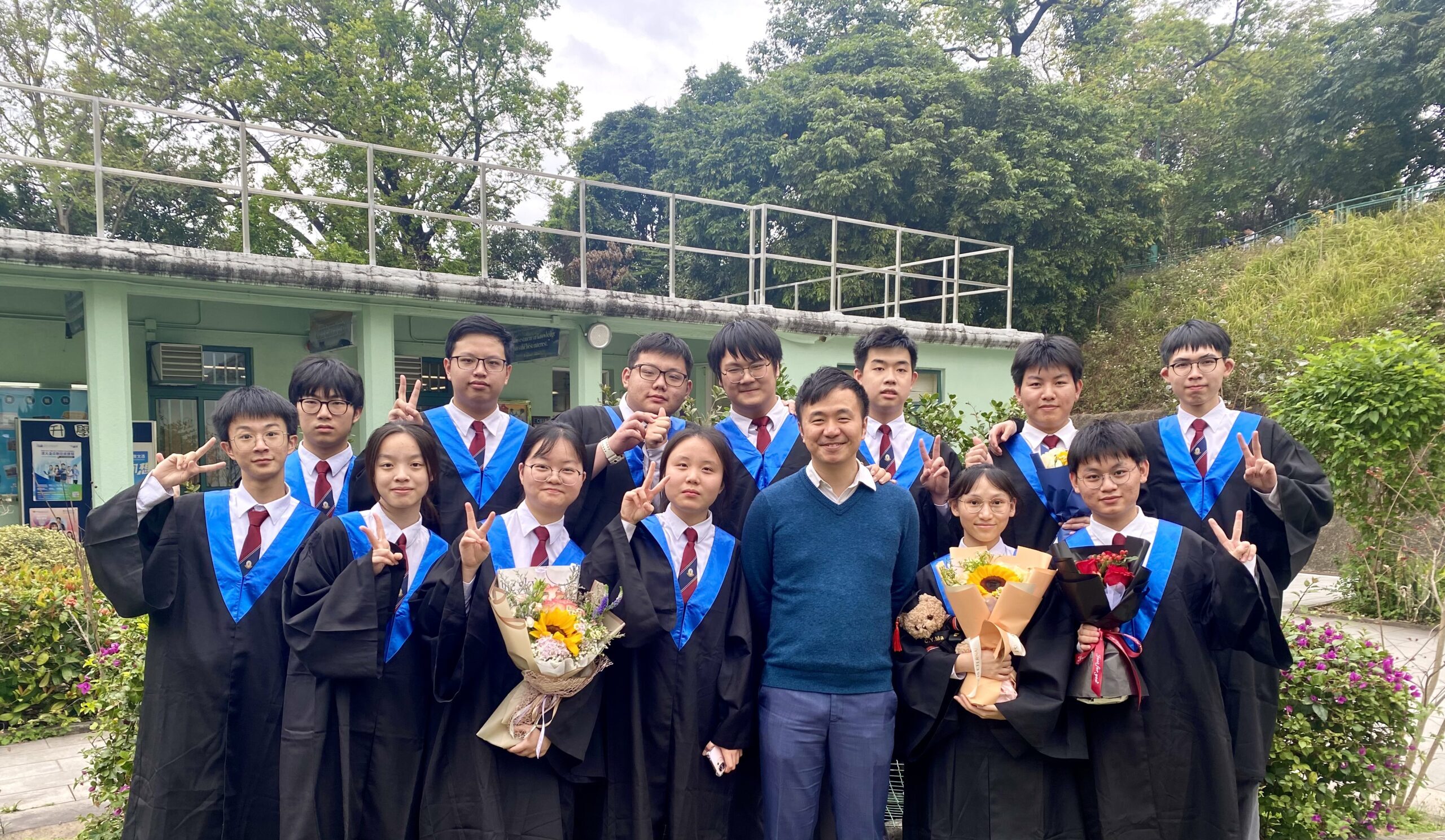Subject Features
Chemistry is an applied subject, and everyday life serves as a vivid and interesting chemistry textbook. The curriculum of the chemistry subject focuses on daily applications, using real-life examples to explain the underlying chemistry. For instance, how the toothpaste we use in the morning cleans our teeth and prevents cavities; how the compounds in self-heating hot pots become hot when they come into contact with water, further heating the pot; and how chemical technology plays a crucial role in supporting our technological advancement. From producing batteries to refining petroleum for plastics, and developing medications, chemistry is everywhere in our lives, making our lives better and more convenient.
In laboratory classes, students will learn theoretical knowledge through practice. Additionally, through activities such as field trips and inter-school competitions, students can apply what they have learned. Furthermore, our school integrates the theme of forensic science into daily chemistry classes, teaching experiments such as drug analysis and ink identification using techniques like chromatography, mass spectrometry, and infrared spectroscopy as part of the diploma examination curriculum.
Highlights of the year
Forensic Science Curriculum
In the past, when teaching topics such as chromatography, mass spectrometry, and infrared spectroscopy in analytical chemistry, students could only learn from theoretical textbooks without the opportunity to practically use the instruments. Our school, in line with the development of forensic science, has introduced professional laboratory-grade instruments to apply relevant knowledge during lessons.

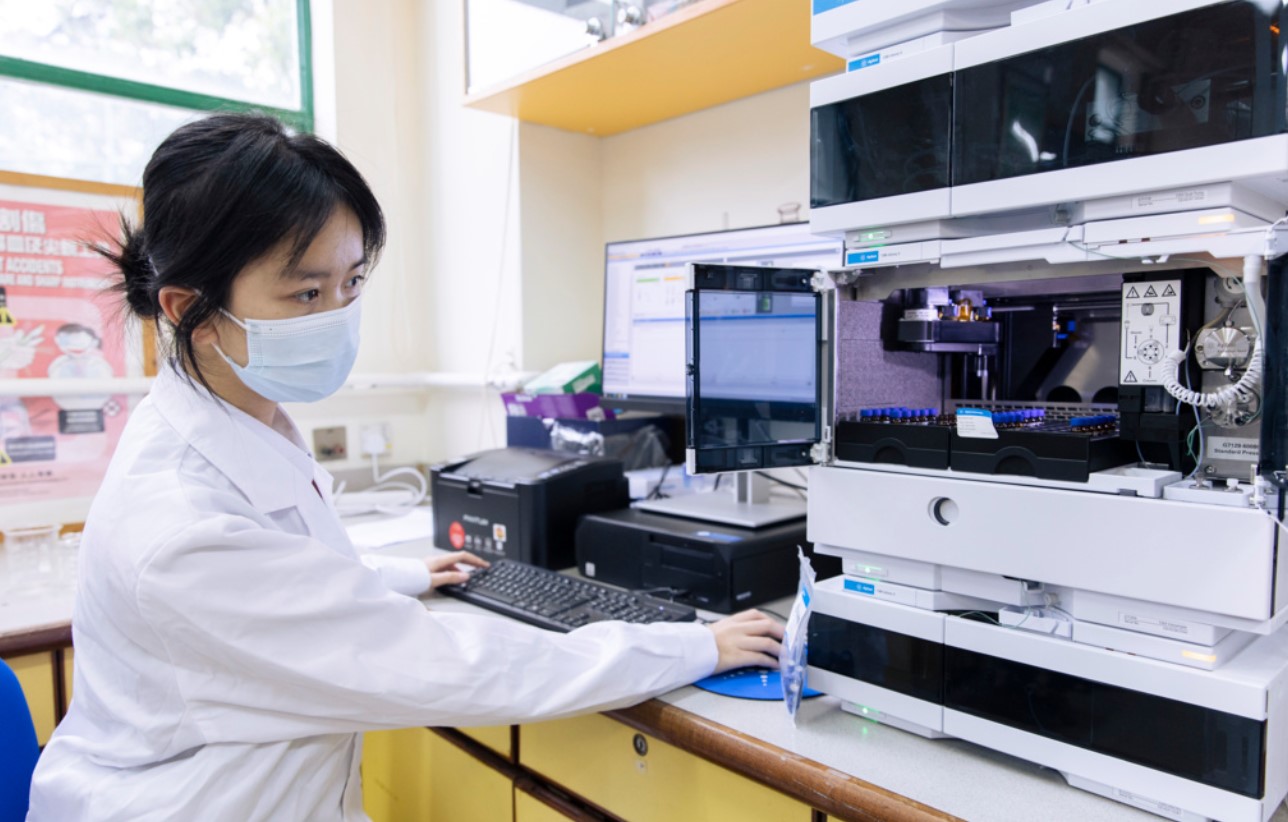
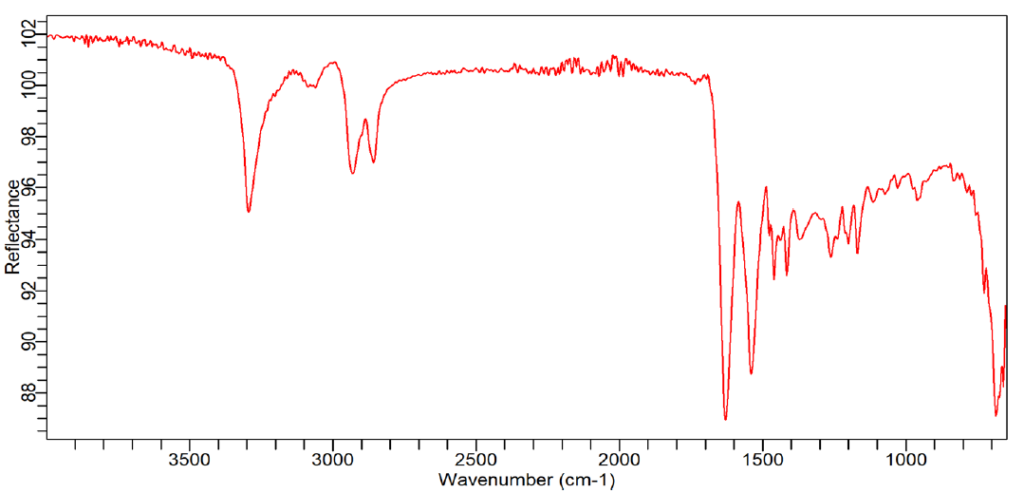
Daily Laboratory Classes
The school’s laboratory classes often use the campus environment as a source of material. For example, when the mango tree on campus bears fruit, students will pick the mangoes to make chemical batteries, learning about “the chemistry of fruits.”
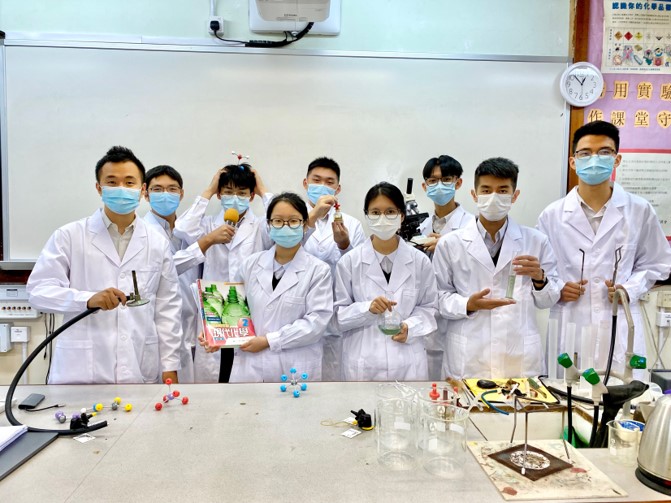
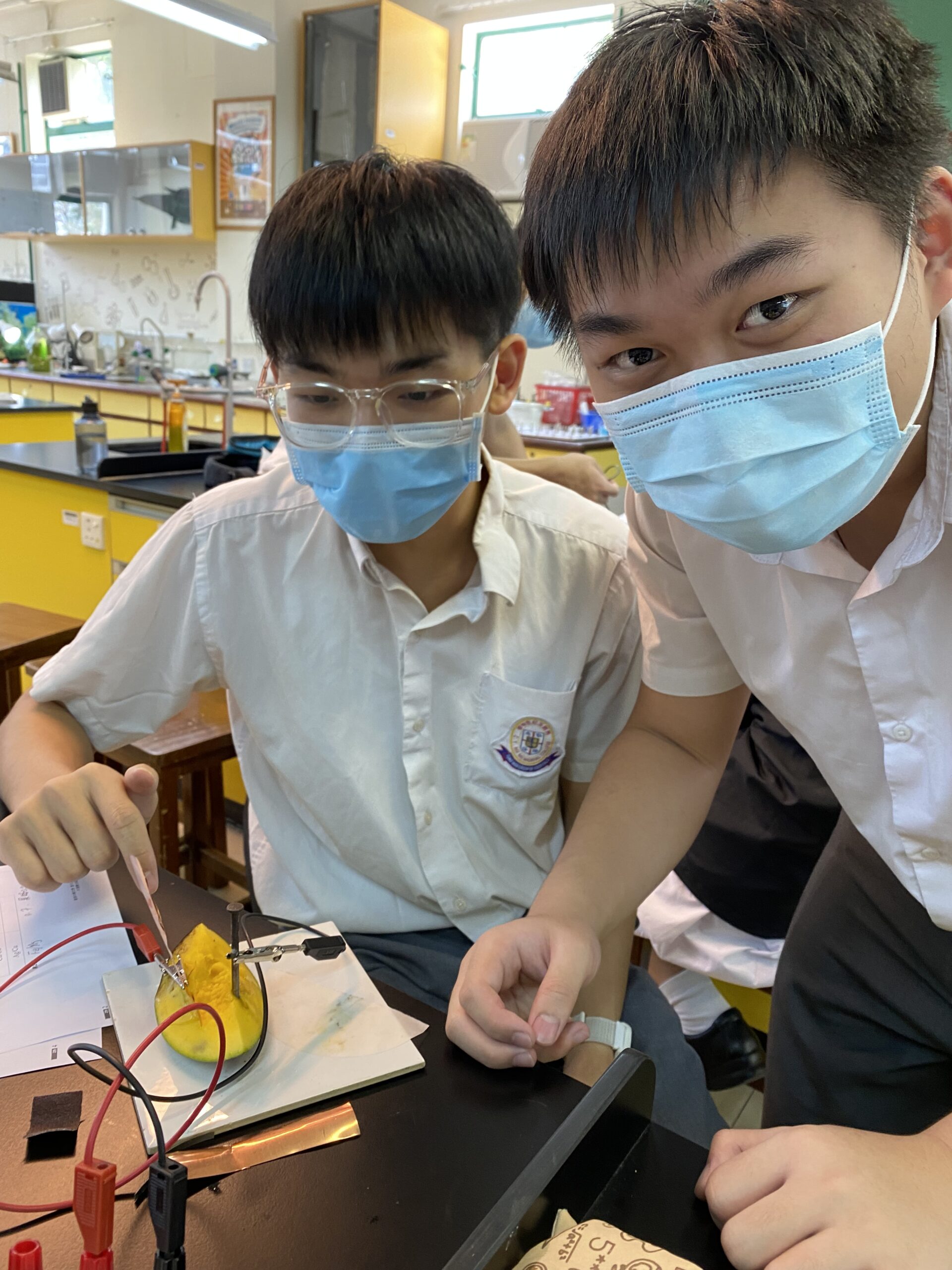

Visits to Higher Education Institutions
Every year, our school arranges for chemistry students to visit relevant departments and laboratories at higher education institutions. This allows students to understand university course content and future pathways, helping them prepare for career planning.
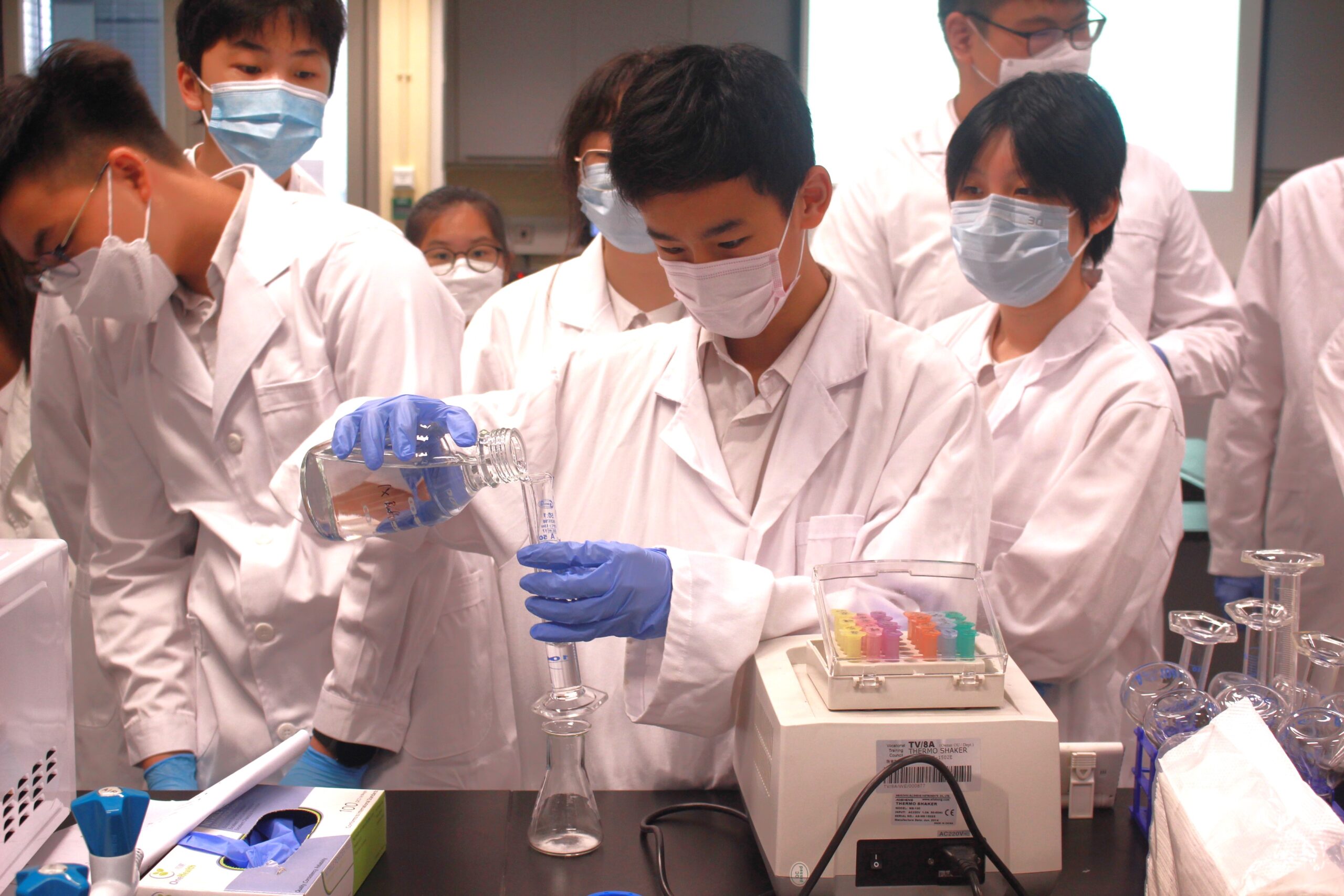
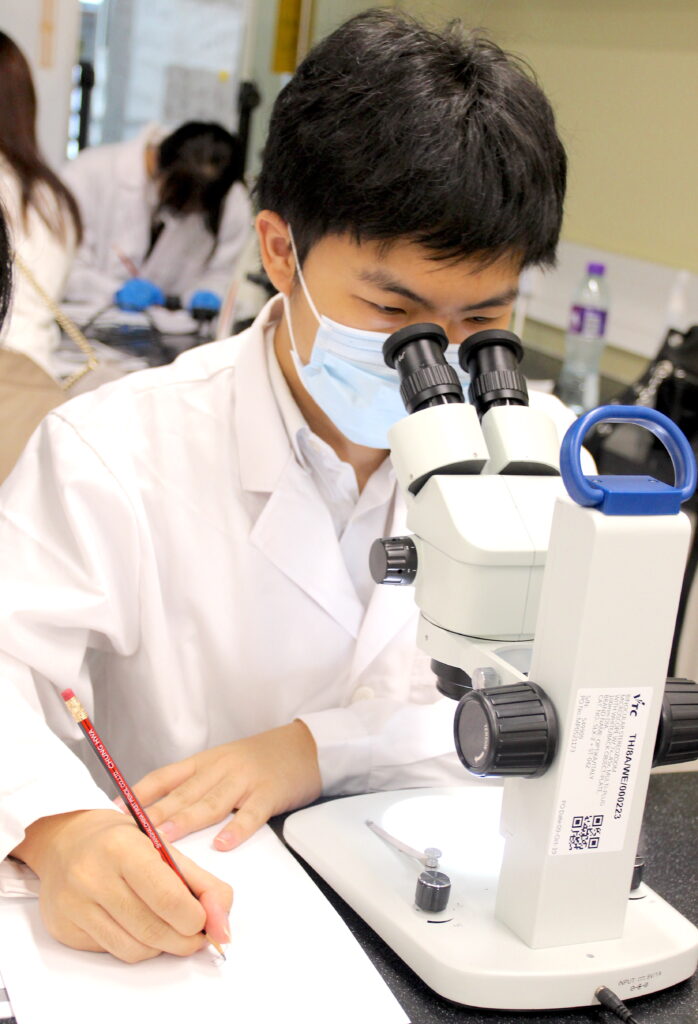
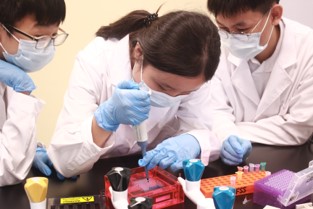
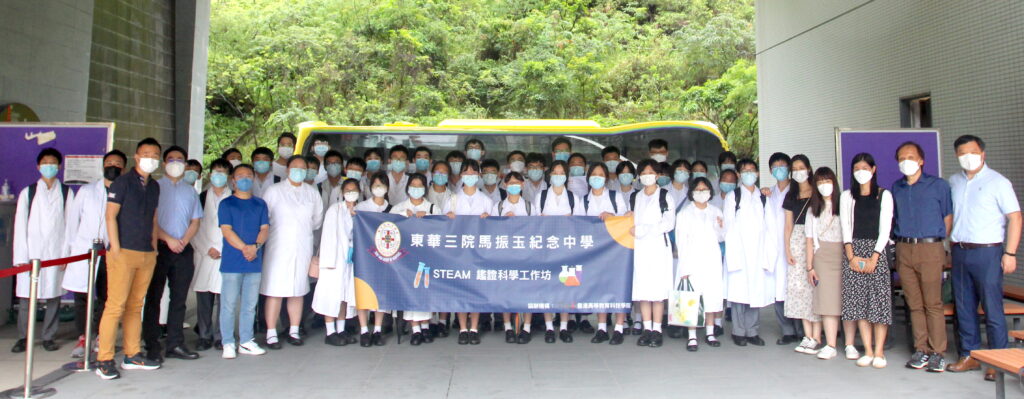
One School One Traditional Chinese Medicines Sharing Session
Our school cultivates Chinese medicinal herbs using aquaponics technology and has further established a herbal garden. Their successful experience has been recognized by the “One School One Herbal Garden” initiative, inviting our school’s planting ambassadors to share their experiences at a sharing session held in the Yau Jing New Town in Tsuen Wan.
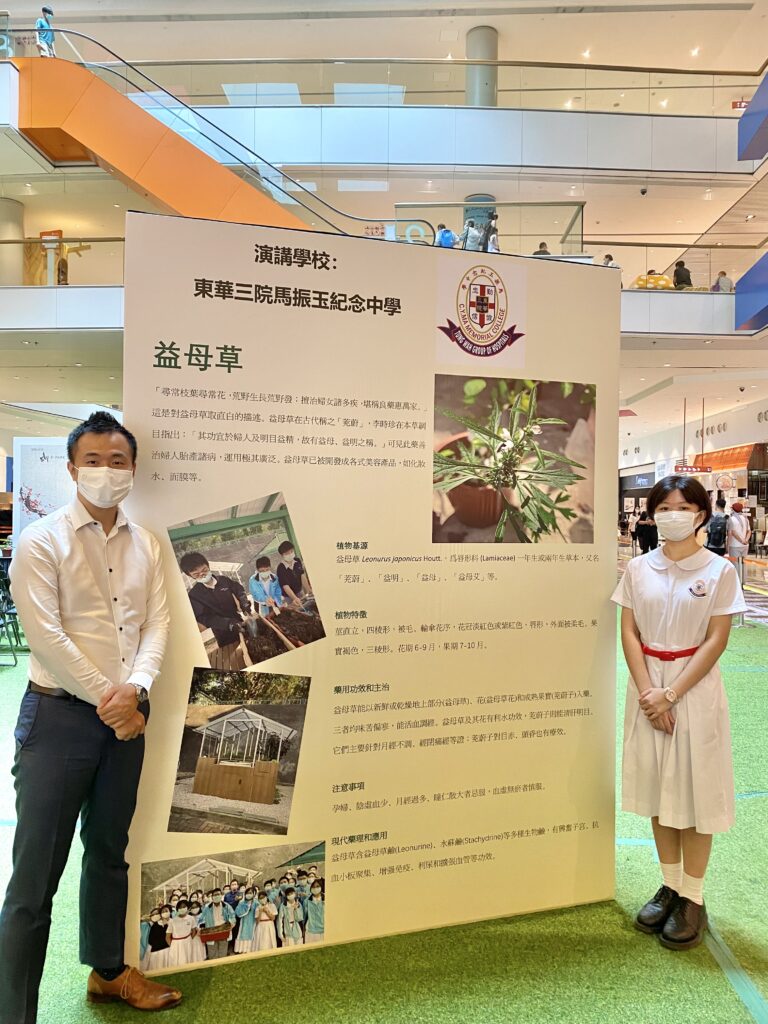
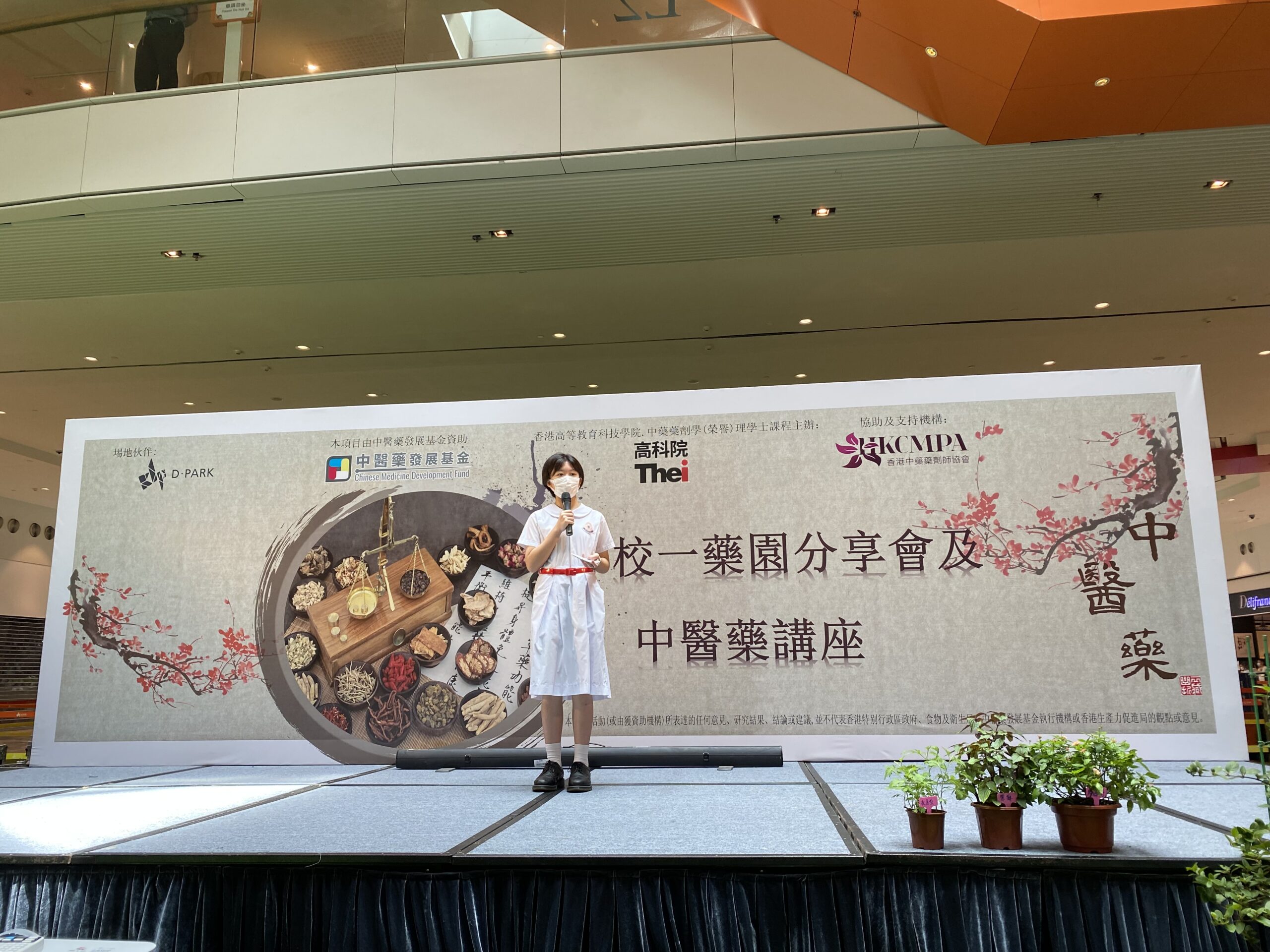
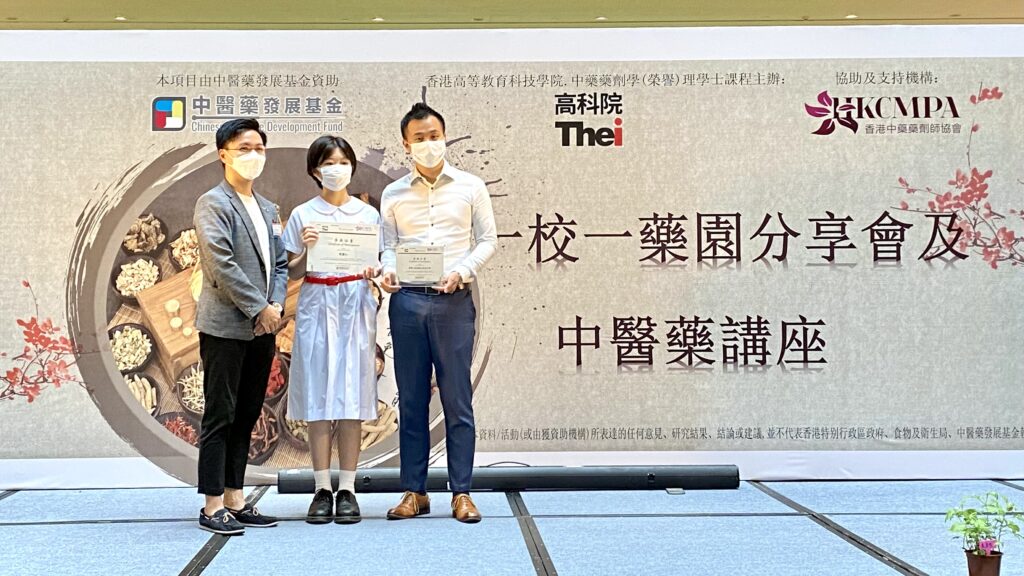
2nd Runner-up in the 26th Hong Kong Youth Science & Technology Innovation Competition
In the 26th edition of the competition, our school’s students won the second prize with their project “Forensic Science Awareness.” During the event, our Forensic Helper promoted forensic science to primary schools across Hong Kong through competitions and workshops.

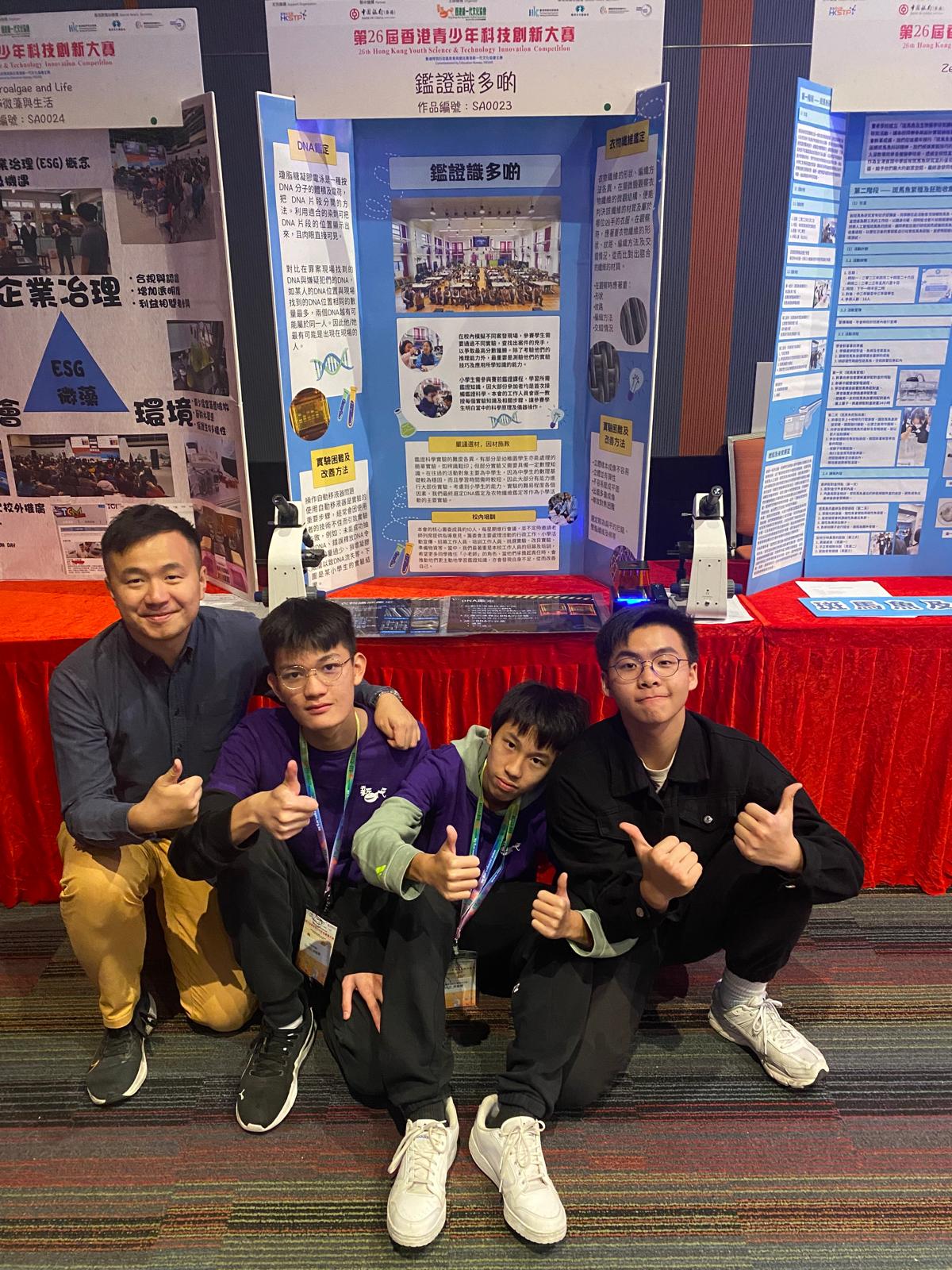
Chemists Online Self-study Award Scheme
Several of our student teachers have won diamond, platinum, and silver awards in the “Chemists Online” competition co-organized by the Education Bureau (Science Education Section) and Hong Kong Virtual University.
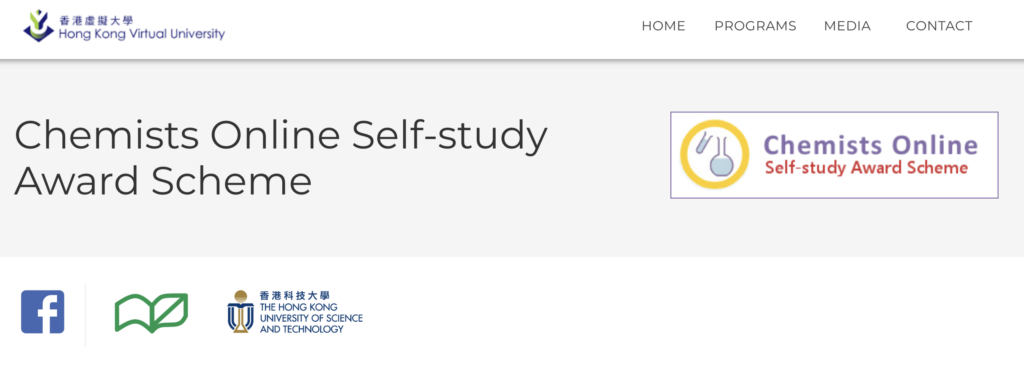
Aims and Objectives
- develop interest and maintain a sense of wonder and curiosity about chemistry;
- construct and apply knowledge of chemistry, and appreciate the relationship between chemistry and other disciplines;
- appreciate and understand the evolutionary nature of science;
- develop skills for making scientific inquiries;
- develop the ability to think scientifically, critically and creatively, and solve problems individually and collaboratively in chemistry-related contexts;
- discuss science-related issues using the language of chemistry;
- make informed decisions and judgements on chemistry-related issues;
- develop open-mindedness, objectivity and pro-activeness;
- show appropriate awareness of working safely;
- understand and evaluate the social, ethical, economic, environmental and technological implications of chemistry, and develop an attitude of responsible citizenship.
Teachers
Panel Head: Mr. LAM Ka-jin
Member: Mr. Kwok Wing-hang
